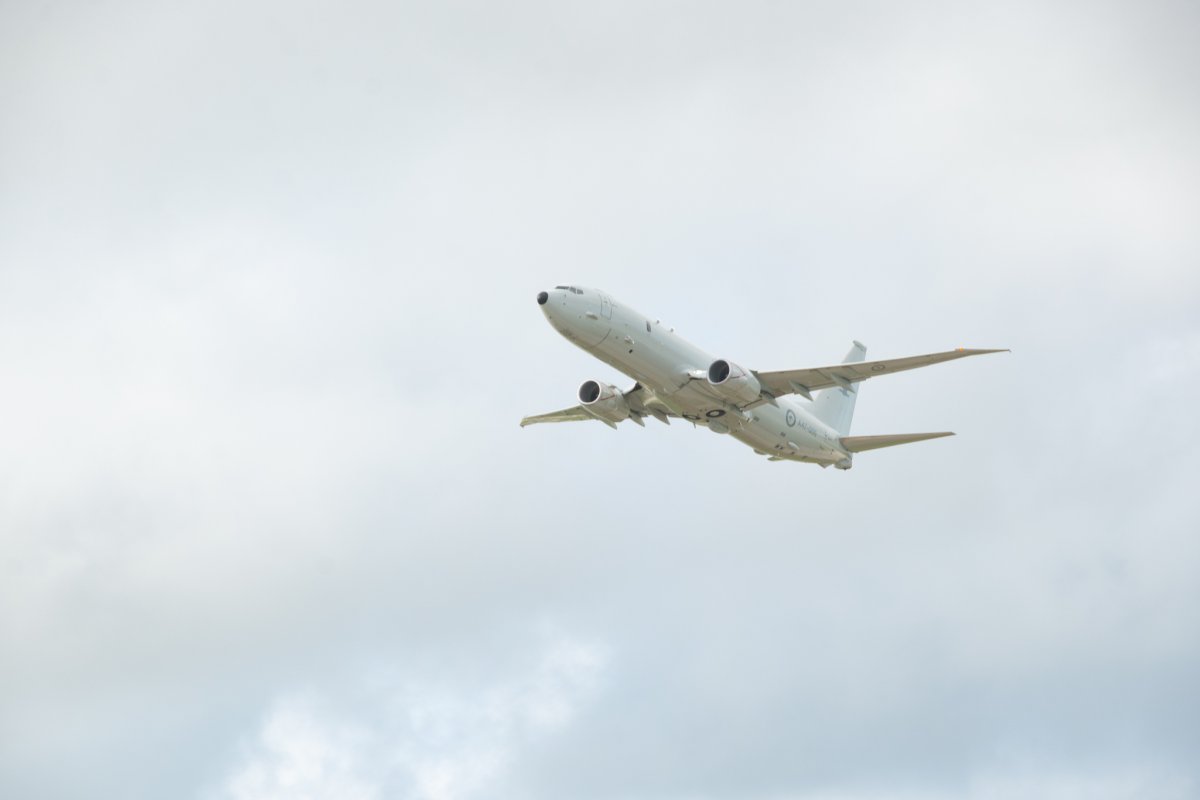Australia and China Resume Defense Talks Despite Tensions In The South China Sea
China and Australia had defense talks Monday. It was a notable development in light of recent military encounters as well as the geopolitical tensions that continue to exist in the Western Pacific Ocean. Beijing meeting aimed at addressing critical issues between two countries following accusations about unsafe military interaction.
Background on Controversial Encounters at International Waters
Recently, there have been strained relationships. Australia publicly condemned China in May 20, 2024, for its “unsafe and nonprofessional” interception of a Australian Defence Force helicopter. This incident happened in international water.
On 11 February, a Chinese J-16 intercepted a P-8A Australian maritime patrol aircraft that was conducting surveillance within international airspace above the South China Sea. This event, described by the Australian Military as “unsafe” and “unprofessional”, further raised concerns.
As a response, China’s Foreign Ministry claimed that the military expelled the Australian planes by taking “legitimate steps” because of the alleged intrusion in China’s aviation. Beijing’s assertion of sovereignty in a significant portion of South China Sea is a matter of dispute with neighbouring countries.
The 23rd Australia China Defense Strategic Dialogue
This meeting marked the 23rd Australia China Defense Strategic Dialogue. It was a high level discussion between representatives from the Australian Department of Defense, and the Chinese People’s Liberation Army. The dialogue is meant to promote communication and tackle security issues, according to Australia’s statement.
China suspended the dialogue after Australia prohibited Huawei, China’s telecommunications company, from participating in its 5G networks. This meeting marks a return to defense talks after leaders from both countries reached an agreement last year.

Australia stressed the need for a safe, professional military operation. It also stressed the necessity of adhering to international laws to avoid miscalculations and tensions escalating. They argued for actions that respect sovereignty, uphold security and stability in the area, as well as peace.
Chinese officials stated both sides had “deeply discussed” the relations between their two militaries and countries, as well as regional security. They also addressed other matters of concern. Chinese officials also expressed a desire to address disputes and disagreements in a constructive manner, indicating a willingness for dialogue to be used to solve differences.
The transit by three Chinese navy vessels of the Coral Sea in the northeastern part of Australia on the 13th of February, drew considerable attention. In addition to this, Australia’s military also affirmed China’s freedom of navigation according to international law.
Both Sides Issue Statements
Australian Department of Defense: Australia stressed the importance of adhering to international law. This includes the United Nations Convention on the Law of the Sea which is the legal framework that covers all oceanic and maritime activities. It is a sign of Australia’s dedication to the rule-based system in maritime domains.
Prior to this, the Chinese Defense Ministry said: “We ask the Australians to abandon the illusion of adventure and speculation, to restrain their navy and airforce troops and to cease acting like a hatchet-man to cause trouble and to harm others in South China Sea.” China is expressing its displeasure at perceived foreign interference with the disputed territories.
Look Ahead at Uncertainties to Assess the Impact
Future encounters between Australian forces and Chinese troops will determine whether the dialogue on defense continues. Pentagon officials in the United States have expressed concern about China’s military pattern of dangerous maneuvers that it continues to perform near allies, including those in the South China Sea.
It is important to note that the resumption the Australia China Defense Strategic Dialogue will help manage tensions, and foster communication between two countries. But the future depends on how both sides adhere to the international laws, restrain themselves in their military actions, and resolve conflicts through respectful and constructive dialog.


